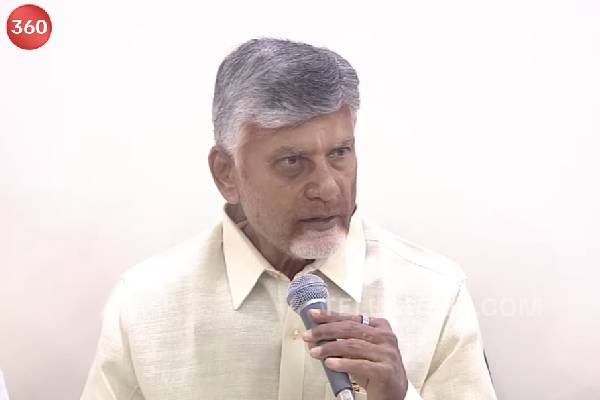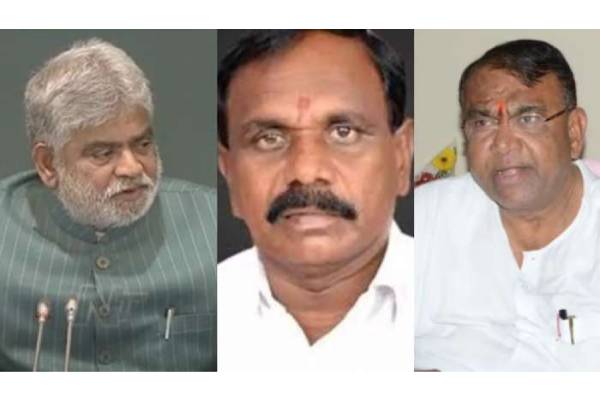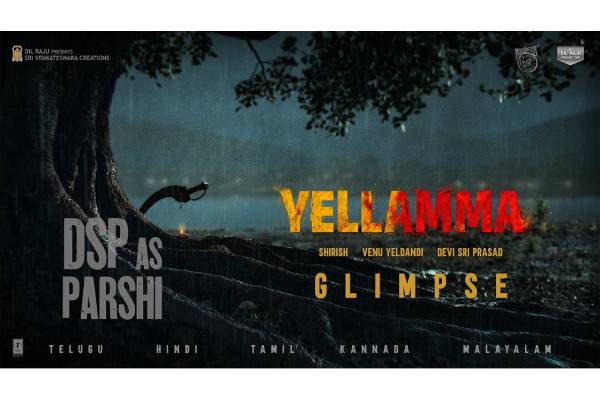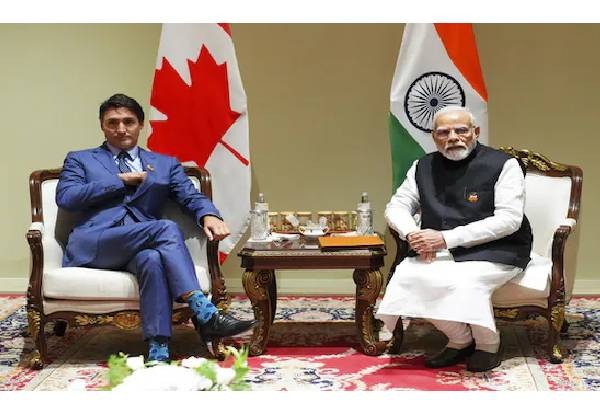Recent developments involving the Canadian government designating Indian diplomats as “persons of interest” in the Nijjar murder case have garnered significant attention and heightened tensions between Canada and India. Here’s a simplified explanation of the issue.
What is the Khalistan Movement of the 1980s?
The Khalistan movement advocates for creating an independent Sikh state (i.e., a separate country) called Khalistan in India’s Punjab region. Gaining momentum in the 1980s, it has faced significant opposition from the Indian government, which views it as a separatist threat. The movement subsequently diminished since the late 80s. Despite diminished support within India, the movement remains influential among the Sikh diaspora, particularly in Canada.
Sikh Community in Canada and Their Prominent Vote Bank
Sikhs constitute about 1.5% of Canada’s population, primarily concentrated in major urban areas like Toronto, Calgary and Vancouver. This community plays a crucial role in Canadian politics, especially in key electoral ridings. Their ability to mobilize and influence local elections makes them a vital demographic for political parties seeking to secure votes.
Justin Trudeau, Prime Minister of Canada, and His Relations with India
Justin Trudeau became the Prime Minister of Canada in November 2015. He has shown support for Sikh leaders, particularly due to the significant Sikh diaspora in Canada, which is politically active. However, his government has faced tensions with India over issues related to the Khalistan movement and allegations of India’s interference in Canadian affairs. Trudeau also commented in 2020 on the protests of Indian farmers against the Modi government’s infamous farmer laws. His comments exacerbated existing strains in Canada-India relations, complicating diplomatic efforts.
The Murder Case of Hardeep Singh Nijjar:
Hardeep Singh Nijjar was a prominent Sikh activist advocating for Khalistan. He was a Canadian citizen of Indian origin. He was murdered in June 2023 in British Columbia, prompting significant controversy. In response to his assassination, Trudeau publicly accused the Indian government of being involved in the case. He stated that Canadian agencies have been validating the allegations of a link between the agents of India and the murder of Hardeep Singh Nijjar.
The Latest Development: Canada names Indian officials as “Persons of Interest (i.e. Suspects)” in Nijjar Case:
Sanjay Kumar Verma is India’s High Commissioner to Canada. Following Trudeau’s allegations regarding Nijjar’s murder, Verma’s role has become crucial in addressing the strained diplomatic ties and responding to Canadian concerns about India’s actions. Recently, India received communication from Canada naming Verma and other Indian officials as “persons of interest” in the Nijjar case.
India’s Strong Reaction:
India reacted strongly to this development, accusing Trudeau’s government of engaging in vote bank politics. Additionally, India reminded the international community that Trudeau’s government had not provided any evidence to support their allegations since September 2023.
India typically maintains cordial relations with other nations, and the strong tone used toward Canada was previously reserved for Pakistan. The recent developments suggest a significant shift in relations between India and Canada, raising concerns about the future of their diplomatic interactions. It remains to be seen how these tensions will unfold moving forward.
-ZURAN (@CriticZuran)

































